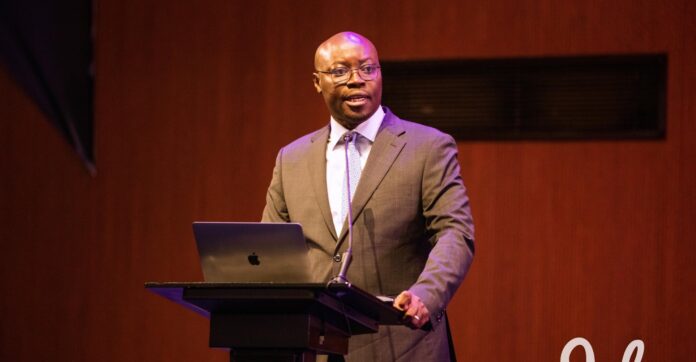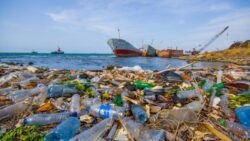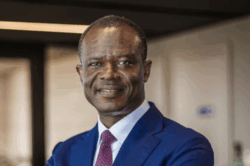- US$370m awaits IMF board approval
By Joshua Worlasi AMLANU
The country has received a US$360million disbursement from the World Bank, the first tranche of an anticipated US$730million in foreign exchange inflows aimed at supporting macroeconomic stability and reinforcing national recovery efforts.
The injection comes ahead of an expected US$370million from the International Monetary Fund (IMF), subject to Executive Board approval scheduled for July 7, 2025.
The World Bank’s contribution, approved by its Board of Executive Directors, is part of the Second Resilient Recovery Development Policy Financing operation under the International Development Association (IDA). It supports Ghana’s ongoing economic reform agenda under the IMF programme and broader structural reforms intended to build a more resilient, inclusive and sustainable economy.
This wave of inflows will improve the Bank of Ghana’s (BoG) liquidity position and enhance its foreign exchange management capabilities. Ghana’s international reserves stood at over US$11billion in June 2025, equivalent to five months of import cover – a level that analysts note was not achieved by chance but reflects deliberate policy efforts and external support.
The World Bank programme is focused on four main areas: restoring fiscal sustainability, promoting financial sector stability and private sector development, strengthening the energy sector’s financial viability and improving social and climate resilience. According to officials, the operation is designed to complement existing programmes while offering targetted support that reinforces critical structural reforms.
Cassiel Ato Forson, Ghana’s Finance Minister, said in a statement that reforms under both the IMF-backed programme and World Bank development financing series have played a key role in stabilising the macroeconomic environment.
“We are confident that the measures supported by this DPO will help our efforts to enhance fiscal discipline and build a more resilient and inclusive economy, capable of withstanding future shocks,” he said.
The World Bank indicated that Ghana’s programme aligns with its broader engagement strategy for crisis response and recovery across West Africa.
Robert Taliercio, World Bank Country Director for Ghana, Liberia and Sierra Leone, stressed that structural constraints in areas such as fiscal management, energy sector inefficiencies and social protection remain pressing.
“Entrenching fiscal and debt sustainability, improving the business environment, addressing energy sector challenges and protecting the most vulnerable continue to be urgent priorities for Ghana,” he said.
The disbursement also comes at a critical juncture as Ghana awaits the IMF’s decision on its fifth tranche disbursement under the US$3billion Extended Credit Facility (ECF) arrangement agreed in 2023. The US$370million will further strengthen government’s external buffers and support the continuation of key structural benchmarks.
In tandem with external financial support, Ghana is also pushing ahead with domestic revenue mobilisation efforts and cost-containment strategies. The Ministry of Finance and BoG have both indicated that maintaining macroeconomic stability and rebuilding market confidence will require a mix of fiscal discipline, energy sector reforms and measures to ensure private sector-led growth.
While government has made gains in stabilising the currency and curbing inflation, which has eased from record highs in 2022, investor sentiment remains cautiously optimistic. The coordinated support from multilateral partners like the World Bank and IMF is expected to sustain Ghana’s momentum as it seeks to re-enter international capital markets in the medium-term.










